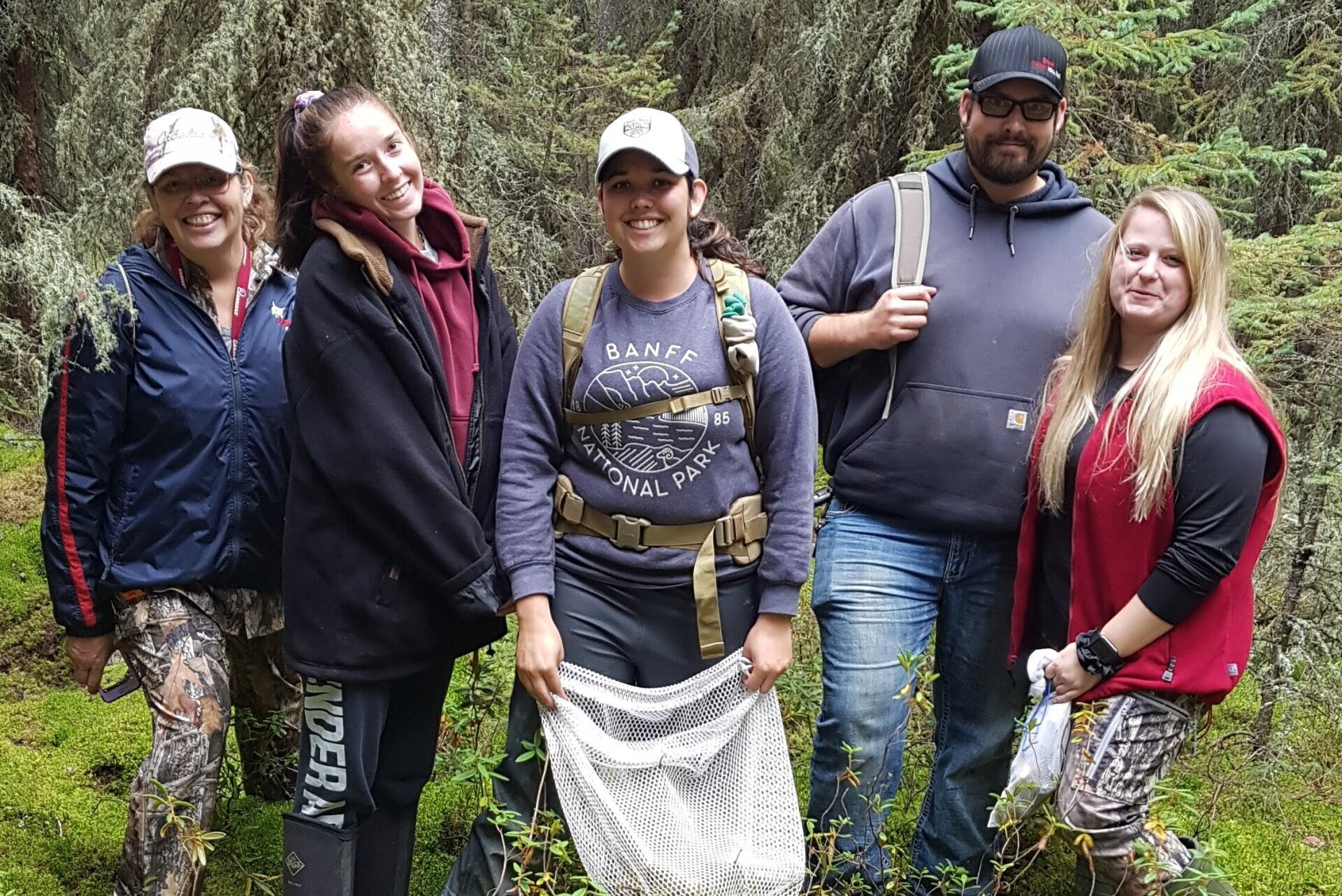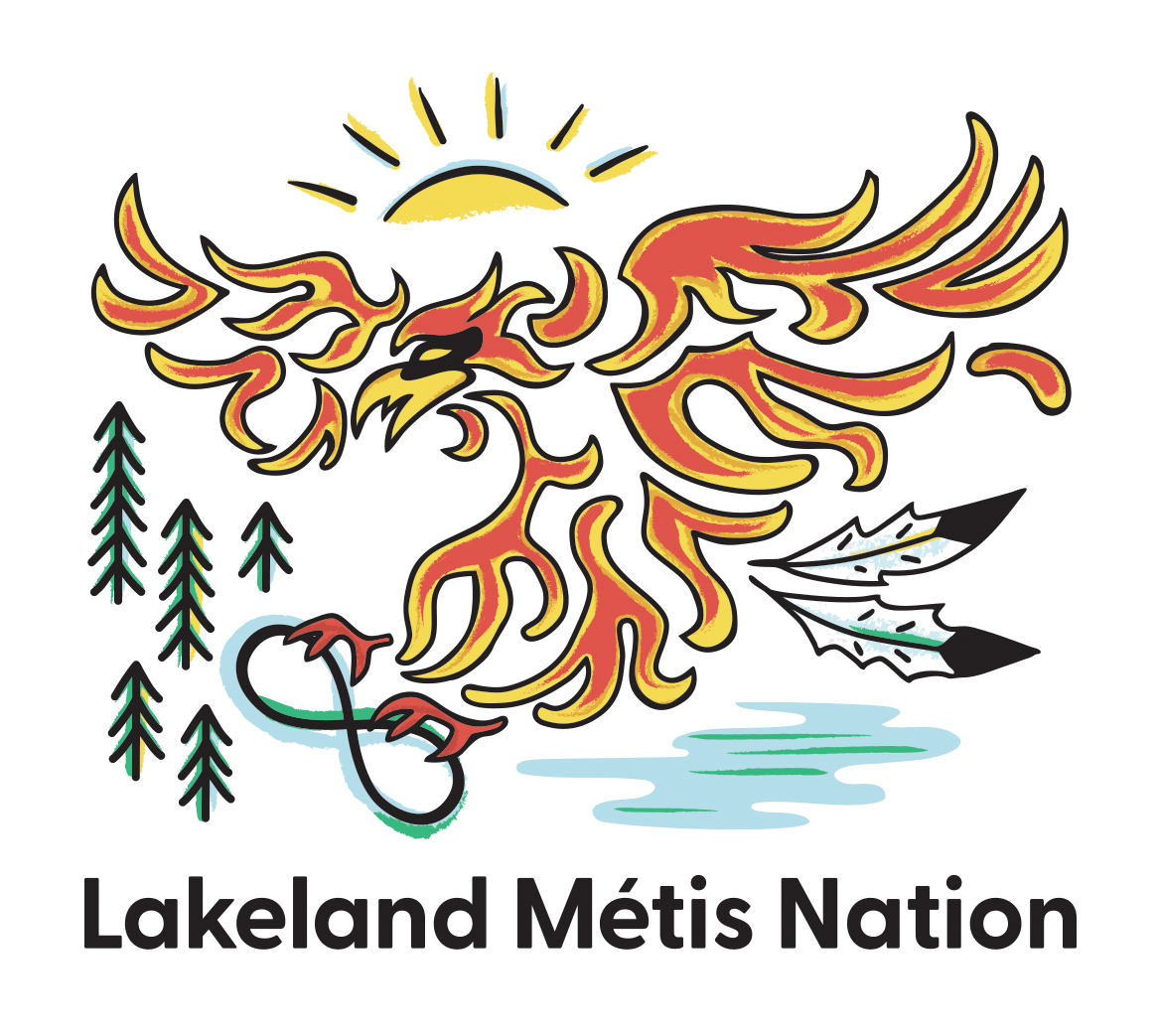HISTORY
The Lakeland Métis Nation maintains a deep and enduring connection to the well-established Métis community, often referred to as Lac La Biche, which holds significant historical and ongoing importance. As a people with a nomadic heritage, the Métis possess a culturally rich legacy that endures today, and the members of the Lakeland Métis Nation actively participate in their traditional customs within the northeastern Alberta region.
One of the primary missions of the Lakeland Métis Nation is to vigorously advocate for the Indigenous rights of its citizens while preserving their time-honored cultural activities. These activities encompass a wide range of traditions, including hunting, fishing, trapping, and gathering, which are vital to the community's identity and cultural practices.
The Lakeland Métis Nation holds a distinguished status under Section 35 of the Constitution Act, 1982, which provides us with constitutional protection as a respected and cherished Indigenous community in Canada. This recognition was further affirmed by the landmark Harry Daniels case in 2016. The Supreme Court of Canada's decision in this case clarified that Métis and non-status Indians are considered "Indians" under Section 91(24) of the Constitution Act, 1867, thereby falling under federal jurisdiction. This decision ensures that Métis people have the same constitutional rights as other Indigenous groups, including recognition and consultation by the federal government.
Despite these constitutional protections, we are actively seeking official federal recognition to further solidify our standing. This ongoing pursuit underscores the Lakeland Métis Nation's commitment to safeguarding our cultural heritage and advocating for the rights and well-being of our members.
Furthermore, the Lakeland Métis Nation aligns with the principles of the United Nations Declaration on the Rights of Indigenous Peoples (UNDRIP). This commitment emphasizes our dedication to upholding the rights, dignity, and cultural integrity of the Métis people, and reinforces our advocacy efforts at both national and international levels.




